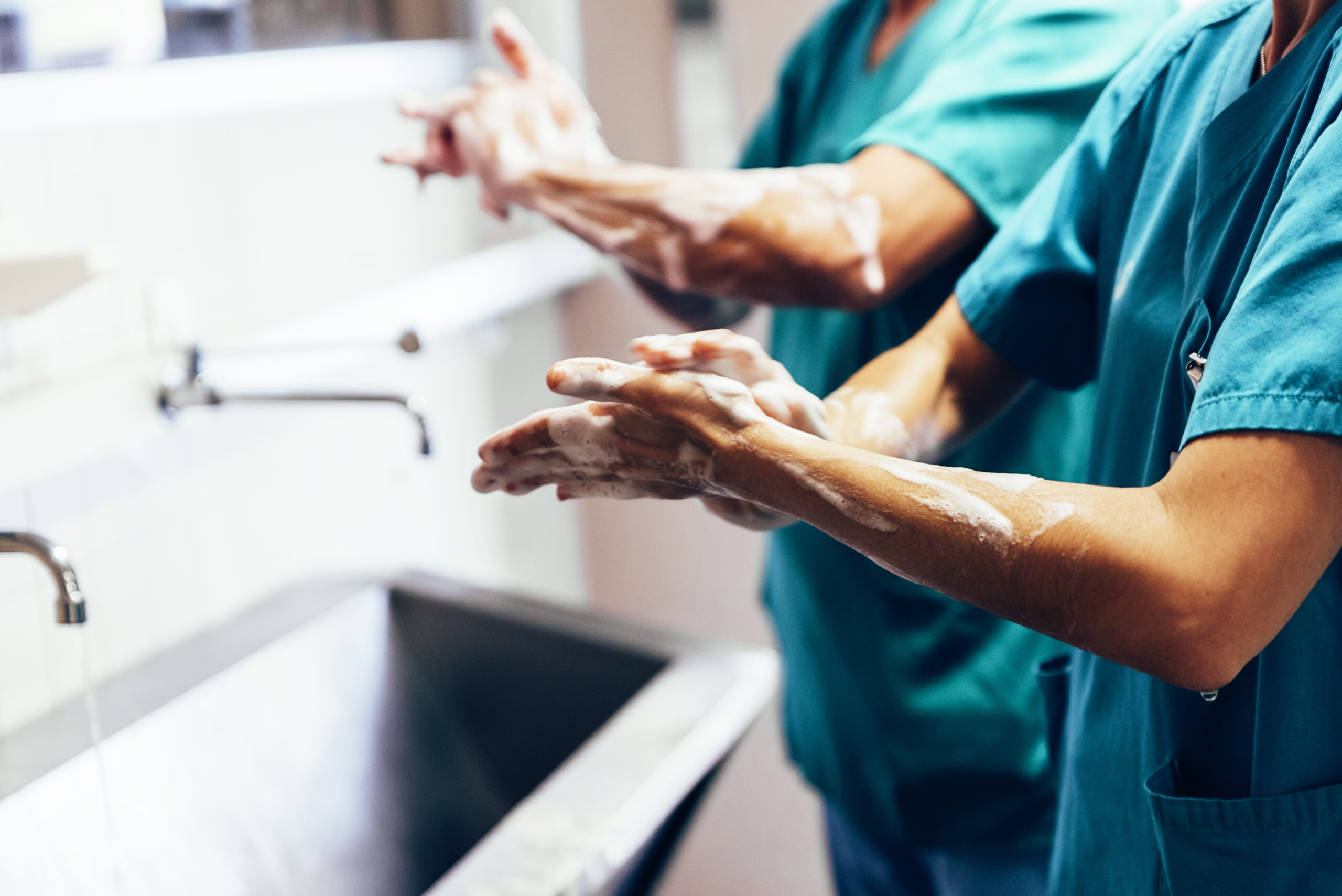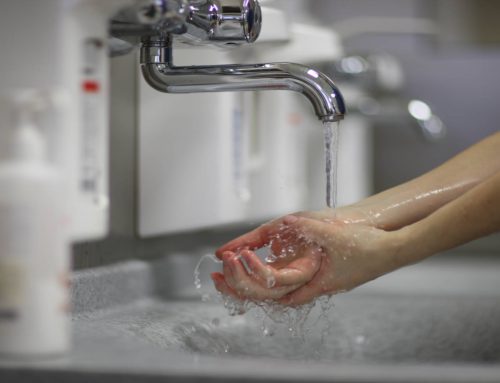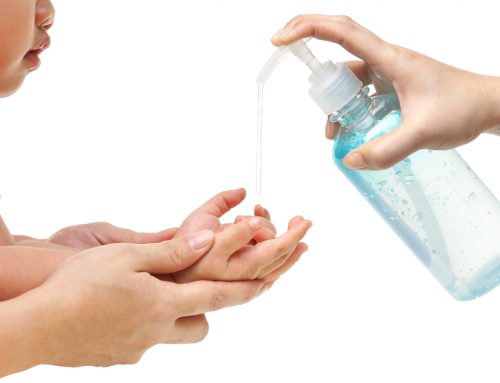The alcohol-based handrubs that hospitals use to prevent infection are becoming less effective, research has shown

Hospitals will need to use new strategies to tackle bacteria experts have warned, after finding a type of hospital superbug is becoming increasingly tolerant of alcohol – the key component of current disinfectant hand rubs.
Handwashes based on alcohols such as isopropanol have become commonplace as a method of infection control. But while the move has been linked to benefits, including a fall in rates of hospital infections of methicillin-resistant Staphylococcus aureus (MRSA), new research suggests it might also have had unexpected consequences.
Scientists say they have discovered that superbugs known as vancomycin-resistant enterococci, or VRE, appear to be becoming more tolerant to alcohol.
“This is a wake-up call to infection control hospital teams around the world that if you want to control the emergence of VRE you need to do more than just rely on your alcohol-based disinfectants,” said Prof Timothy Stinear, co-author of the research from the University of Melbourne, noting that these could include improved adherence to current regimens – such as thorough cleaning with alcohol hand rubs – the use of other disinfectants like chlorine-based products, and greater screening of patients for infections.
One of the most common species of VRE is Enterococcus faecium, with infections on the rise in England and Australia. VRE infections, said Stinear, can be serious and sometimes even prove deadly. “The problem with VRE is that it can colonise the gut and then go into patients’ bloodstream and cause sepsis, bloodstream infection, and it is very difficult to get rid of because it is resistant to almost all antibiotics,” he said. Among the problems, Stinear added, is that it can lodge in heart valves and prosthetic device implants.
“It only impacts the most susceptible people – so healthy people do not get VRE infections,” Stinear said, noting that people receiving chemotherapy, organ transplants or who undergo dialysis are among those at risk.
Writing in the journal Science Translational Medicine, Stinear and colleagues report how they took Enterococcus faecium bacteria recovered from patients – so-called “isolates” – and exposed these in the lab to an isopropanol-based solution for five minutes. In total 139 such samples were used, collected from two hospitals in Melbourne between 1997 and 2015. Alcohol-based handrubs were systematically introduced in Australia from the early 2000s, with the volume used increasing tenfold by 2015.
The results reveal that Enterococcus faecium bacteria have become more tolerant to alcohol over that time.
“We found that the new isolates, post-2010, were 10 times more tolerant to alcohol exposure than the earlier isolates,” said Stinear.
However, the alcohol solution used in the experiment was not as concentrated as that used in hospitals, so the team set up another round of experiments.
They took four of the Enterococcus faecium isolates, two of which werealcohol-tolerant, and spread them on the surface of different cages. They then wiped each cage over using isopropanol wipes of the strength used in hospital settings. Mice were then released into each cage and allowed to roam about for an hour before being taken out. After a week their gut was screened for the bacteria.
The results reveal that alcohol tolerant isolates were better able to withstand the cleaning, and that a far greater proportion of the mice exposed to those isolates ended up with the bacteria colonising their gut.
“It shows that it is not just a laboratory phenomenon that we are measuring here; we are showing this characteristic [of the bacteria] transfers into being able to escape a standard infection control procedure,” said Stinear.
“If you have those [alcohol] tolerant bacteria in your hospital, and you might have a cleaning regimen where someone comes in and squirts down the toilet seat with an alcohol disinfectant … for the new strains of VRE that procedure is not necessarily going to stop the bacteria being spread to the patients.”
Further work by the team involved studying genetic mutations in alcohol tolerant Enterococcus faecium isolates, suggesting that the bacteria are evolving to become more tolerant.
The Australian team say it is now important to see whether such alcohol tolerance is also seen in other countries, and that it is not yet clear that it is the rise in the use of alcohol based disinfectants that is driving the bacterial adaptation.


 800-701-6743
800-701-6743 




Leave A Comment